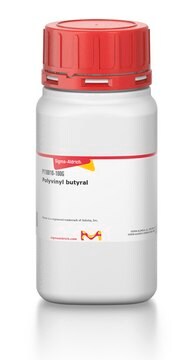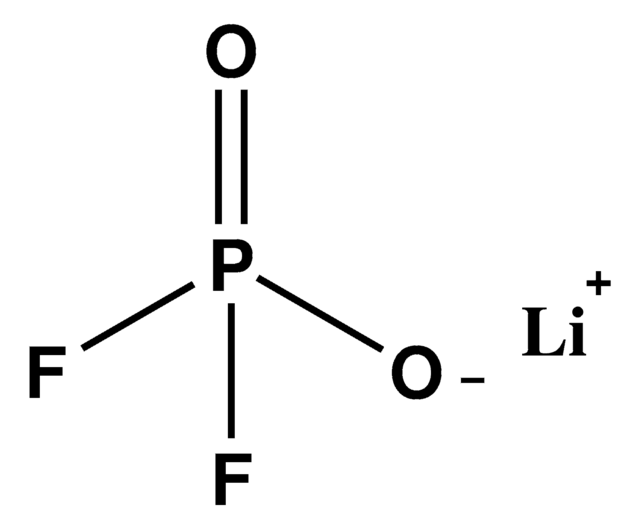935654
Tris(trimethylsilyl) borate

≥99.5%, battery grade
Synonym(s):
Boric acid tris(trimethylsilyl) ester, TMSB, Tris(trimethylsiloxy)borane, Tris(trimethylsiloxy)boron
About This Item
Recommended Products
grade
battery grade
Quality Level
description
Application: Battery manufacturing
Assay
≥99.5%
form
(Colorless liquid)
greener alternative product characteristics
Design for Energy Efficiency
Learn more about the Principles of Green Chemistry.
sustainability
Greener Alternative Product
refractive index
n20/D 1.386 (lit.)
bp
186 °C (lit.)
186 °C
mp
-35 °C
density
0.831 g/mL at 25 °C (lit.)
application(s)
battery manufacturing
greener alternative category
SMILES string
C[Si](C)(C)OB(O[Si](C)(C)C)O[Si](C)(C)C
InChI
1S/C9H27BO3Si3/c1-14(2,3)11-10(12-15(4,5)6)13-16(7,8)9/h1-9H3
InChI key
YZYKZHPNRDIPFA-UHFFFAOYSA-N
Looking for similar products? Visit Product Comparison Guide
General description
Application
TMSB also has catalytic properties, which make it useful in organic synthesis reactions and as a reagent in the manufacturing of pharmaceuticals and other chemicals.
related product
Signal Word
Warning
Hazard Statements
Precautionary Statements
Hazard Classifications
Eye Irrit. 2 - Flam. Liq. 3 - Skin Irrit. 2 - STOT SE 3
Target Organs
Respiratory system
Storage Class Code
3 - Flammable liquids
WGK
WGK 3
Flash Point(F)
105.8 °F - closed cup
Flash Point(C)
41 °C - closed cup
Certificates of Analysis (COA)
Search for Certificates of Analysis (COA) by entering the products Lot/Batch Number. Lot and Batch Numbers can be found on a product’s label following the words ‘Lot’ or ‘Batch’.
Already Own This Product?
Find documentation for the products that you have recently purchased in the Document Library.
Our team of scientists has experience in all areas of research including Life Science, Material Science, Chemical Synthesis, Chromatography, Analytical and many others.
Contact Technical Service










